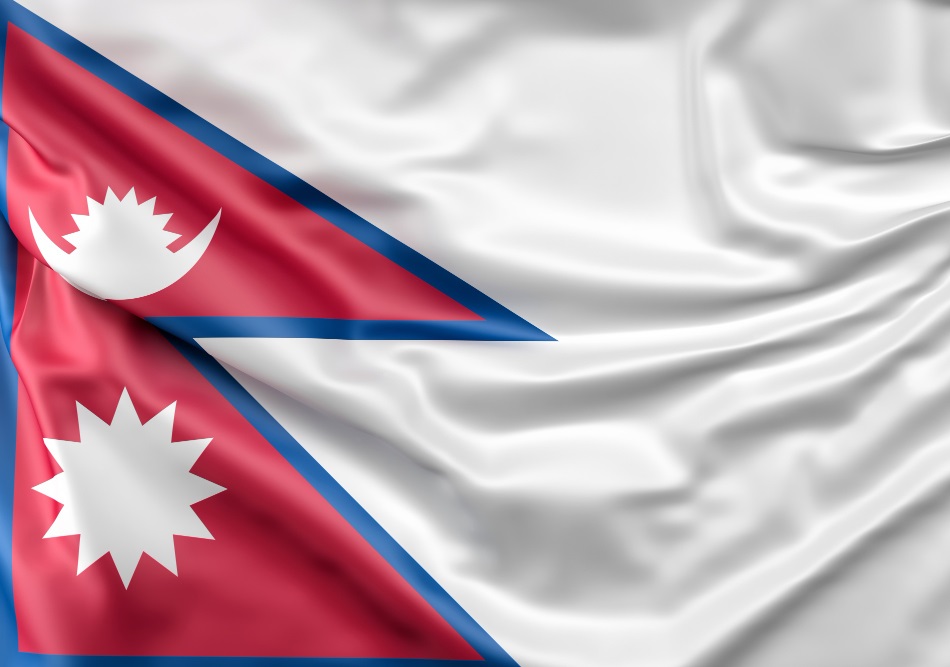Nepal's Prime Minister Prachanda secures parliamentary vote of confidence.
On Wednesday, Nepal's Prime Minister Pushpa Kamal Dahal, commonly known as 'Prachanda', secured a vote of confidence in Parliament amidst the country's political landscape facing challenges of maintaining stability due to shifting alliances. Prachanda, aged 69 and a former guerrilla leader representing the Communist Party of Nepal (Maoist Centre), the third-largest party in the House of Representatives (HoR), garnered 157 votes out of the 275-member House of Representatives.
A total of 268 Members of Parliament were present during the voting session at the Parliament building in Naya Baneshwor, Kathmandu. While 110 votes were cast against him, one lawmaker abstained from voting. Prachanda needed 138 votes to secure the confidence vote.
Speaker Dev Raj Ghimire officially announced, "The Prime Minister has won the vote of confidence."
This vote of confidence follows Prachanda's recent alliance shift from the Nepali Congress to the Communist Party of Nepal (Unified Marxist-Leninist), marking the third instance within one-and-a-half years that Prachanda has sought a vote of confidence in the House. According to constitutional requirements, a prime minister must seek a vote of confidence when a coalition ally withdraws support. Prachanda was compelled to demonstrate his majority after losing the support of the Nepali Congress, the largest party in the HoR.
Prachanda's new alliance is with the Communist Party of Nepal (Unified Marxist-Leninist) (CPN-UML), led by former prime minister K P Oli, who was previously a vocal critic of the Maoist leader. Prachanda began his third term as prime minister on December 25, 2022. Last year, Prachanda faced a floor test after the CPN-UML, led by Oli, withdrew its support to the Prachanda-led government following disagreements over supporting the opposition party's presidential candidate.
In the 2017 election, Prachanda and Oli merged their parties to secure a comfortable majority. Although Oli initially became prime minister, their partnership ended prematurely due to internal differences.

